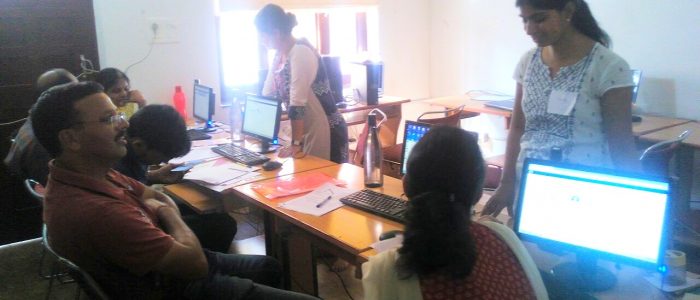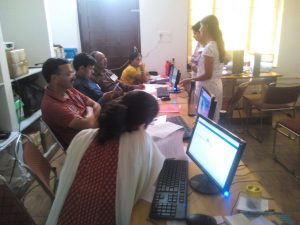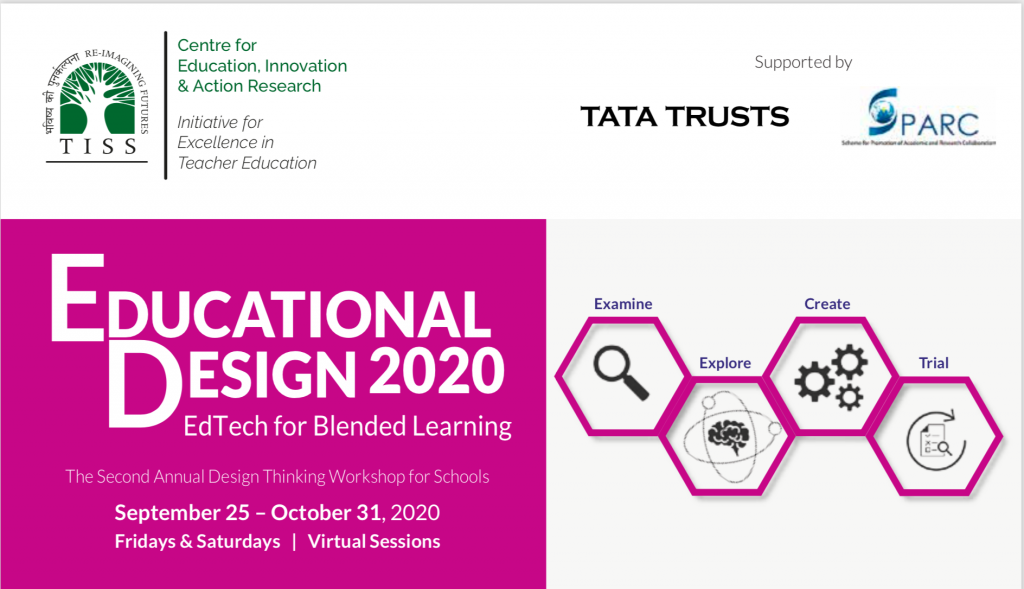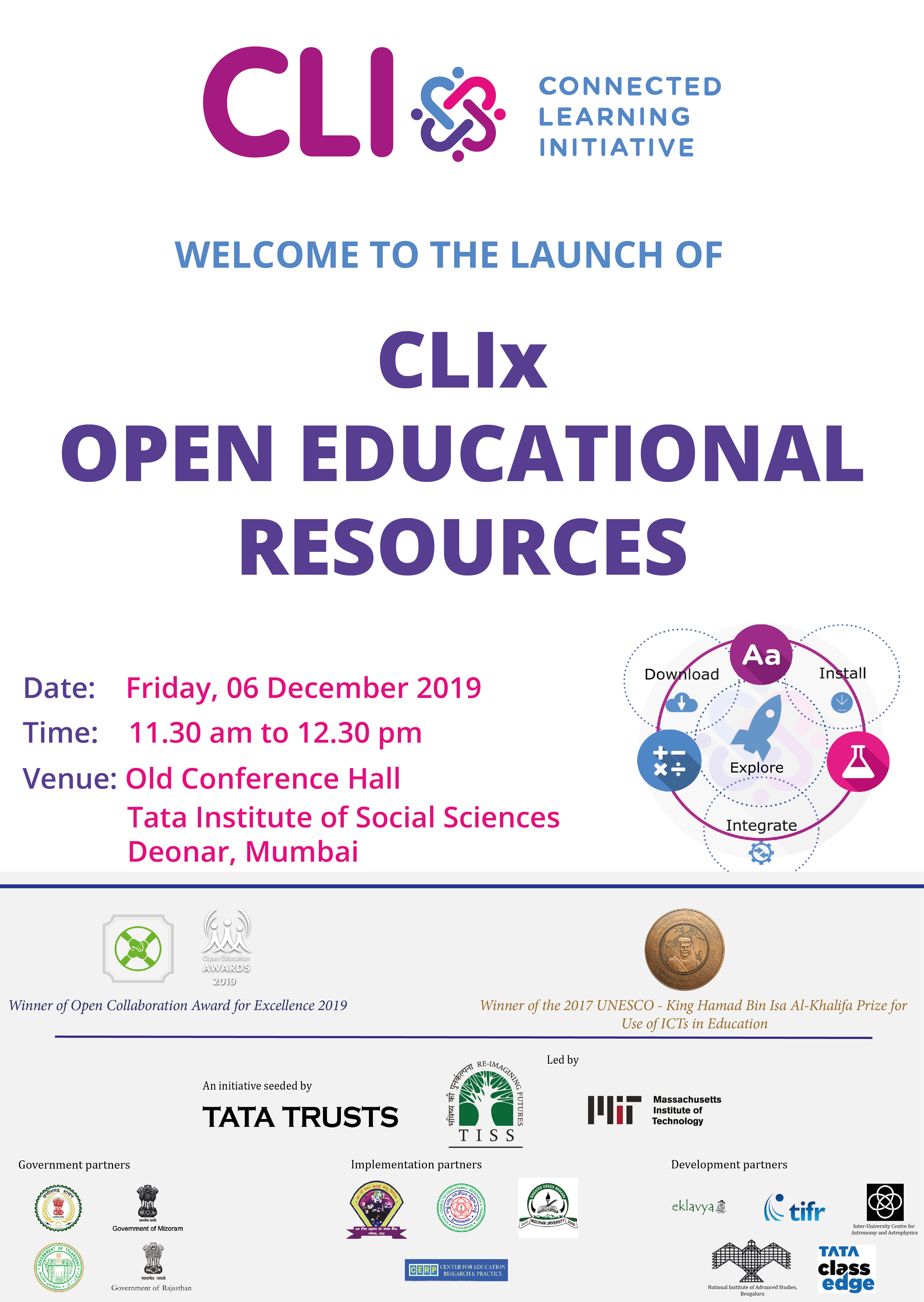One-Day Interaction with Teachers in Jaipur (20.09.17)
It was a one-day training programme for the CLIx science modules and the online teachers’ course (RTICT). Because we were going to talk about the use of technology in education, we began the session with a rapid-fire round as an icebreaker activity. We asked participants a few questions on how much they are connected with technology and how technology is connected with them.
After that we introduced the RTICT online course and discussed the rationale of the course. Participants explored modules on the CLIx server and navigated the platform.
We asked them to discuss the objectives of the lessons, perform the activities in the module, and discuss the points or questions that emerged from the activities.
Before doing the activities, teachers defined the objectives for the activities ‘Measure Your Stride’ and ‘Rolling Ball Experiment’ and then they performed these activities. They asked us that if they knew what the activity was all about, why should they do it? They knew the concepts, and children could learn through examples very well.
As teachers performed the activities, new questions emerged not only about the concept but about the process of exploring a concept, about the experimental skills, about the data collation and analysis and so on. When one goes through the process, one also learns the limitations of the experiment or the method, experimental skills, and the scope for errors. We discussed these points with the teachers and added to the objective of the activities in addition to what teachers had written. We all concluded together that conceptual understanding is important but the process that leads us towards an understanding is much more important because it prepares us to grapple with unknown problems. It was a great success for us that we could make this point explicit in the training and teachers were able to experience it.
In this one-day workshop, we had the chance to discuss in detail the methodology and pedagogy that we had adopted for the science modules.
(Honey Singh, Research Associate, Vinod Raina Fellow, Science Team, CLIx)





